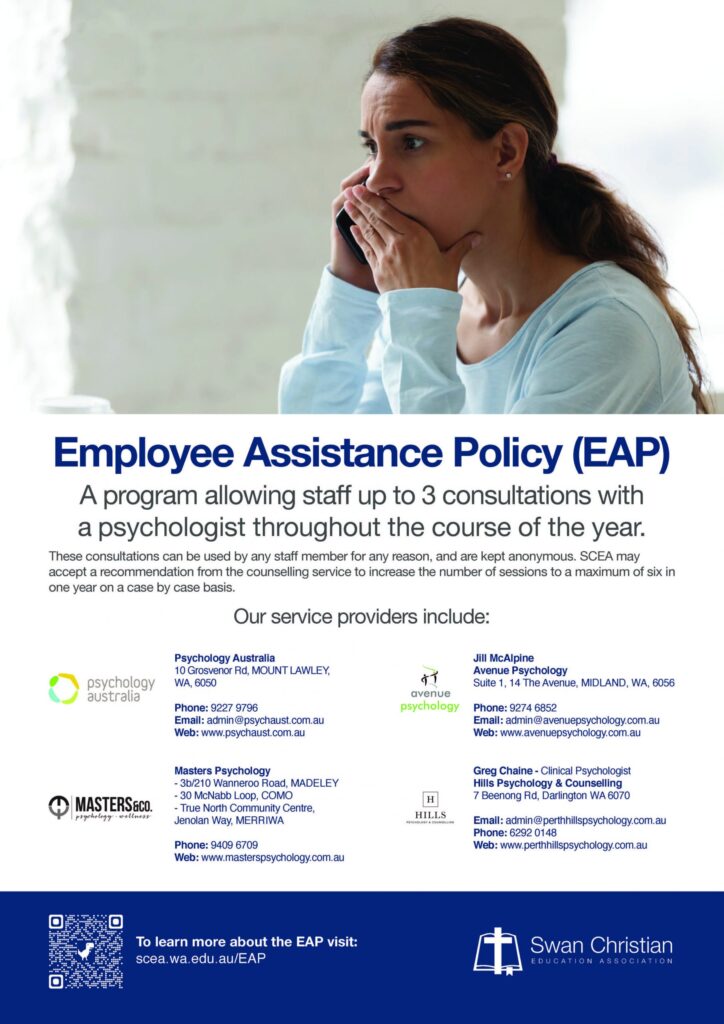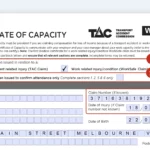Most people don’t envisage they will need to see a mental health professional in their lifetime. Similar to many medical professionals, like Cardiologists, Oncologists, or Audiologists, we may not ever think about needing their services until life has somehow taken us down the path of needing their help.
Mental Health Clinicians, such as Counsellors, Psychotherapists and Psychologists, work in a variety of different settings, and many clinicians may have key areas of speciality. But finding the right clinician for the support you need can be overwhelming. If you Google “psychologist in my area,” you can come up with anywhere from a handful to hundreds of search results. Then you may have questions, such as “How do I know if they are any good?”, or “Do they have a wait list?” or “How much will the sessions cost me?”.
Where do I start?

When you have these questions, a good place to start may be with your GP. They can discuss your support needs and may recommend a Psychologist or a Counsellor. In addition to this, your GP may recommend completing a Mental Health Care Plan with you and refer you to a Psychologist, so that you can claim Medicare rebates after each session. Many doctors may request that you book a longer consultation to complete the plan, so please confirm this directly with your GP clinic.
Your doctor may have some psychologists or specific clinics they can recommend. But some do not, or the clinics they usually refer to may have long wait lists. There are some great online resources where you can look for a psychologist in your preferred area.
Finding a psychologist online:
- The Australian Psychological Society has a “Find a Psychologist” function on their website, available to members of the public.
- The Australian Association of Psychologist Inc (AAPi) also have a similar psychologist directory feature on their website.
Is there a cost to the sessions?
Medicare currently provide rebates for up to 10 sessions with a Psychologist per year. Your rebate can range from $98.95 per session for a Registered Psychologist and up to $145.25 for a Clinical Psychologist. It is important to note that most Psychologist in private practice would charge a gap fee beyond this rebate, which you would need to discuss directly with the clinic, as most clinics will have their own set fees.
If you have a WorkCover Claim or a TAC Claim, you may have the majority of your session costs covered under your claim. Again, you should discuss this directly with the Psychologist you plan to see to ensure they are approved under either system. Or liaise directly with your WorkCover or TAC case manager.
Some psychologists offer bulk-billing, but it is at the Psychologist’s discretion. Some online bulk-billing psychology clinics offer sessions via video link or phone. You can also consider accessing counselling through community health centres or through some public hospitals.
Accessing psychologist support through your workplace
Another option is to use an Employee Assistance Program (EAP) through your workplace. Many workplaces offer confidential counselling through a separate organisation, where employees can access a limited number of sessions at no cost. Some workplaces also provide services to the immediate family members of their employees. The service offering and the number of sessions may vary depending on what your organisation offers.

This is worth asking to understand who can access the services and how many sessions are available. It is important to note that EAP is designed to be a short-term, solution-focused service, so most people only have access to a small number of sessions. Whilst this may not be an option for long-term support, it can be a very good option if you need support quickly, for only a few sessions, and at no cost.
You can find out if your workplace has access to an EAP by asking your manager or Human Resources, or by checking an employee intranet page. Many workplaces will have a poster about their EAP in lunch rooms or on OHS boards, where you might also see WorkCover posters.
How many sessions will I need?
This will really vary based on your needs and in discussion with your Psychologist. Some people may attend only a few sessions whilst learning coping strategies, whilst others will use all 10 Medicare-referred sessions, and some will even go beyond that. It really comes down to a discussion between you and your Psychologist.
Can I see a counsellor or a psychotherapist instead of a psychologist?
It is a personal choice what type of mental health professional you want to see. For many people, rapport, trust, and the clinician’s experience are what count most. There are many brilliant counsellors and psychotherapists in private practice and community settings; however, the sessions are not covered under Medicare.
If you want to explore this option and understand what the session costs may be, you should discuss this directly with your preferred private practice or clinician.
What if I don’t feel comfortable with the psychologist I was referred to?
The relationship between the Psychologist and the client is a vital factor in the counselling process. If you don’t feel it is a good fit for you, that is ok! Sometimes we don’t realise we have a preference for a Psychologist until we start seeing one.
You may find you would prefer to see an older Psychologist, or a younger one, male, female or gender diverse. But if you feel it is not a good fit, you do not have to continue with them. You can use the search functions mentioned earlier to find someone else.
But it does raise a good question, even when you are looking at psychologists initially – what type of person would you feel most comfortable with?
Do you want someone closer to your age? Would you feel comfortable talking to someone younger than you? Is their experience important?
Thankfully, most private practices these days have websites where you can read the clinicians’ biographies, which may help you decide whether it is a good fit.
What if I need urgent support?
If you need to talk to someone immediately, please consider calling one of the telephone counselling services, many of which are available 24/7:
| Support Service | Supportline |
|---|---|
| LifeLine | Call 13 11 14 |
| Suicide Call Back Service | Call 1300 659 467 |
| Beyond Blue | Call 1300 22 4636 |
| If there is an immediate risk of harm to yourself or others | Call 000 |
Conclusion
The important thing to take away from this is that there is help out there, and that it is very common for people to access counselling. You don’t have to work through your stressors on your own. A mental health clinician (Psychologist, Counsellor or Psychotherapist) can provide a safe and confidential space for you to explore your concerns and develop skills to help you manage them. Looking after your mental health is just as important as looking after your physical health.
This article was generously written for Arnold Dallas McPherson Injury Lawyers by Registered Psychologist:
Marisa Parsons (Connect with Marisa on LinkedIn)
Marisa Parsons Psychology Services
Suite 504, 89 High Street, Kew Victoria 3101, Australia
Ph. 0493 731 900


















